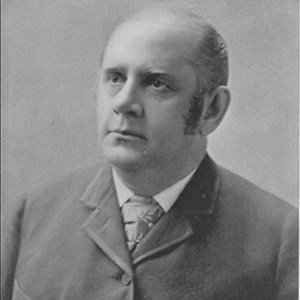Mark Hanna was as successful in business as he was in politics, using his money and influence to help William McKinley win two Presidential elections. Nicknamed “Dollar Mark,” Hanna wielded enormous political power and served as one of President McKinley’s closest advisors. Hanna later served as a U.S. Senator and played a pivotal role in the building of the Panama Canal.
Early Life
Marcus “Mark” Alonzo Hanna was born in Ohio in 1837. By the age of 25, Hanna was running his family’s grocery business. After marrying the daughter of a wealthy coal baron, Hanna eventually took over that business as well. By the 1880s, Hanna was one of the country’s most successful industrialists, with interests in coal, iron, and steel.
Career
In the 1860s, Hanna joined the Republican party and gradually turned his attention to politics. In 1896, he officially retired from business to manage the presidential campaign of Ohio governor William McKinley. Hanna’s tactics were unconventional for the time period. He solicited campaign donations from wealthy individuals and corporations to launch one of the most expensive political campaigns of the era. While Democratic nominee William Jennings Bryan travelled the country giving speeches, McKinley sat on his front porch and met voters who traveled to Ohio at Hanna’s expense. Hanna’s tactics were ridiculed in the press; however, the campaign was successful, and McKinley was elected President on November 3, 1896.
Hanna declined a cabinet post in McKinley’s administration. Rather, he filled a vacancy in the U.S. Senate created by another cabinet appointment. As a Senator, Hanna focused on issues of commerce, most notably the proposed Panama Canal. He was such a strong supporter of the proposed canal that his colleagues in the Senate referred to it the “Hannama Canal.”
Later Career
Hanna played a pivotal role in President McKinley’s reelection campaign; however, he was not a fan of his running mate, Theodore Roosevelt. “[T]here’s only one life,” Hanna remarked, “between that madman and the Presidency.” After McKinley’s assassination, many speculated that Hanna might challenge Roosevelt in the 1904 primary. However, Hanna died of typhoid fever in 1904 at the age of 67.








